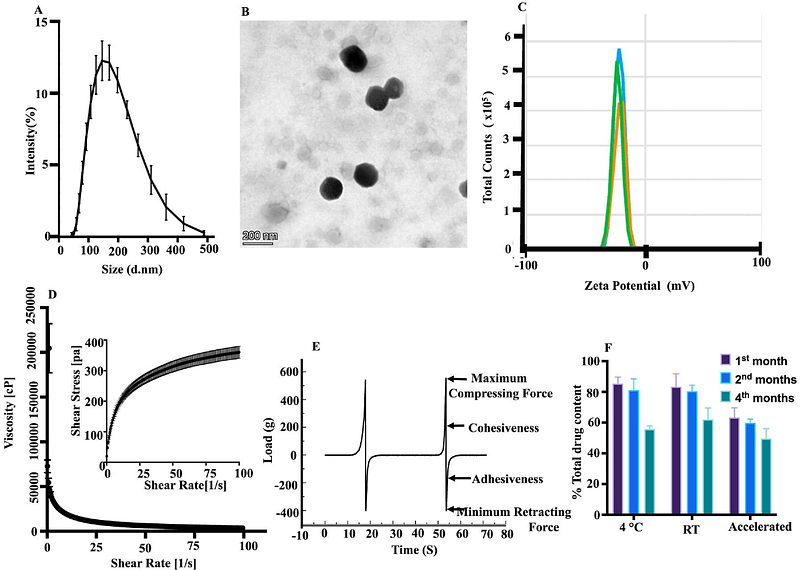Transcutaneous delivery of disease specific PI3K/Akt/mTOR inhibitor based hybrid nanoparticles in hydrogel system for the management of psoriasis: Insights from in vivo studies

Transcutaneous delivery of disease specific PI3K/Akt/mTOR inhibitor based hybrid nanoparticles in hydrogel system for the management of psoriasis: Insights from in vivo studies
keshari, R.; Bagale, R.; Rath, S.; De, A.; Banerjee, R.; Sen, S.; Srivastava, R.
AbstractWe have reported robust and scalable lipid polymeric conjugated hybrid nanoparticles comprised of phospholipid shell and polymeric core that combine the benefit of both polymeric and lipid nanoparticles. Rapamycin, a PI3K/Akt/mTORC1 inhibitor, was encapsulated inside the lipid-polymeric conjugated spherical-shaped hybrid nanoparticles (RPMN), having an encapsulation efficiency of {approx} 83% and particle size {approx} 277.6 nm. Further, RPMN was converted into the carpool-based hydrogel system (RPMNGel), which enhanced release kinetics, long-term stability and skin residence time. Specifically, in an in-vivo imiquimod-induced psoriatic model, RPMNGel showed high accumulation and deeper penetration inside the epidermis and slowly diffusing away inside the psoriatic skin without causing any side effect to normal skin. This leads to longer and sustained retention over more than three days without being affected by sweat, humidity or wiping due to adherence between the stratum corneum and epidermis. Similarly, the cumulative PASI score was also reduced from 10.25 to 1.75 on day 7 in the group treated with RPMNGel. Overall, RPMNGel has a potential role in treating and managing psoriasis.


